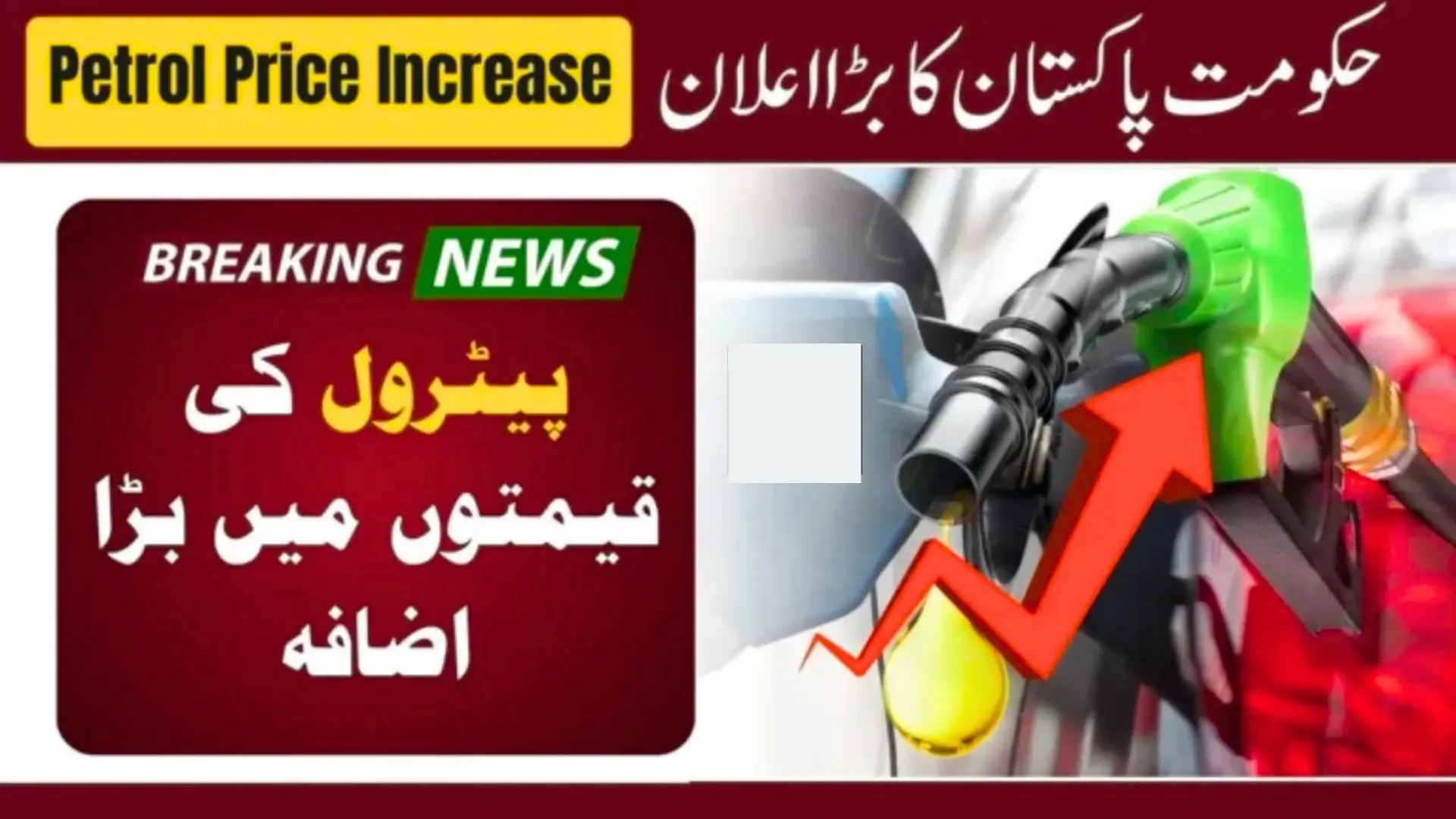Government to Increase Petrol Prices This Week. The Government of Pakistan is expected to increase petroleum product prices starting November 1, 2025, due to recent fluctuations in international oil markets and the impact of U.S. sanctions on Russia’s major oil suppliers. The upcoming adjustment will affect petrol, diesel, and other fuels, slightly raising their per-litre cost across the country.
Expected Price Changes
According to initial estimates from the first twelve days of the current pricing cycle, petrol prices may rise by Rs. 1.48 per litre, while high-speed diesel (HSD) could go up by Rs. 1.38 per litre. The increase is a result of higher import costs and currency exchange rate fluctuations that have added pressure to domestic prices.
Kerosene oil is expected to see a sharper rise of Rs. 2.34 per litre, while light diesel oil (LDO) may increase by Rs. 0.49 per litre. These changes reflect global price trends and logistical challenges in crude oil transportation.
Projected New Fuel Prices (From November 1)
| Fuel Type | Projected Price (Rs per Litre) |
|---|---|
| Petrol | Rs. 264.50 |
| High-Speed Diesel (HSD) | Rs. 276.80 |
| Kerosene Oil | Rs. 184.05 |
| Light Diesel Oil (LDO) | Rs. 163.25 |
These projected rates are based on current global trends and are subject to final confirmation after the fortnightly review of import data, freight rates, and exchange values.
Reasons Behind the Expected Increase
1. Global Oil Market Volatility
Global crude oil prices have shown sharp swings over the past few weeks, mainly due to geopolitical tensions and supply constraints. The U.S. sanctions on Russian oil producers have further limited supply in the global market, driving up costs for import-dependent countries like Pakistan.
2. Exchange Rate and Import Costs
The Pakistani rupee has recently faced downward pressure against the U.S. dollar, increasing the landed cost of imported petroleum products. This directly impacts retail prices when adjusted for domestic consumption.
3. Taxation and Freight Adjustments
Adjustments in petroleum levies, inland freight equalization margins, and refining costs also play a significant role in determining final fuel rates. Any change in government taxes or logistical expenses affects consumer prices.
Impact on Consumers
The rise in petroleum prices is expected to slightly increase transportation costs across major sectors. Daily commuters, public transport operators, and logistics businesses will feel the immediate impact. As a result, general commodity prices may also increase due to higher transport and production expenses.
Households using kerosene for heating or cooking will experience higher costs, particularly in rural and low-income areas. Diesel users, including truckers and farmers, may face increased operational expenses, which could influence agricultural and industrial costs.
Government Review and Final Announcement
The final price adjustment will be officially announced on October 31, 2025, after reviewing the complete fortnight’s import and exchange rate data. The new rates will take effect from midnight on November 1, as per the standard government pricing policy.
Officials have indicated that while the adjustments are modest, they are necessary to maintain supply stability and avoid shortages in the local market. The Oil and Gas Regulatory Authority (OGRA) will submit its recommendations before the Ministry of Finance confirms the final prices.
Economic Outlook
Rising global energy costs continue to challenge Pakistan’s import bill, inflation targets, and fiscal balance. With petroleum being one of the country’s largest imports, even a small increase in prices can have a ripple effect on the economy.
Experts suggest that maintaining currency stability and exploring local energy alternatives could help reduce long-term dependency on imported oil. For now, consumers are advised to prepare for slightly higher fuel expenses in the coming weeks.
Conclusion
In summary, from November 1, 2025, petrol prices in Pakistan are expected to rise by Rs. 1.48 per litre, diesel by Rs. 1.38, kerosene by Rs. 2.34, and light diesel by Rs. 0.49. Final confirmation will follow the government’s review of international and domestic market data.















